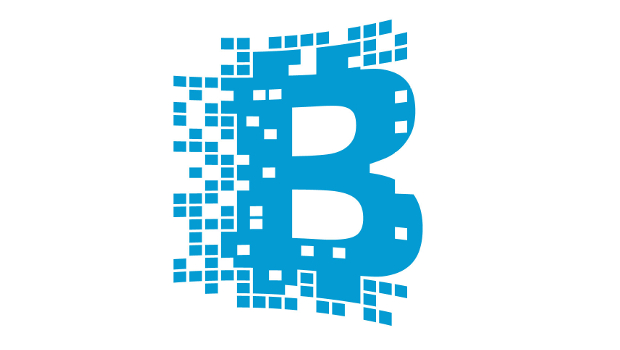A massive DDOS attack and weaknesses in critical systems have put security concerns front and centre in the Internet of Things. IBM thinks a technology best known from the world of bitcoin could lock down at least one use of IoT.
The company is using blockchain technology to ensure that everything’s in order with IoT transactions. Just as a public blockchain makes bitcoin transactions traceable and verifiable, the private, cloud-based system that IBM will operate for enterprises will verify non-monetary interactions between some devices.
The blockchain offering, part of IBM’s Watson IoT Platform, was announced earlier this year. On Tuesday, the company is announcing general availability of professional services for enterprises to get ready to use the blockchain.
The news comes as IBM ratchets up its investment in IoT, spending $200 million (€ 178 million) on a global Watson IoT headquarters in Munich. That’s part of its global investment of $3 billion (€2.68 million) to bring Watson’s cognitive computing capabilities to IoT. The company said it has 6,000 clients using Watson IoT solutions and services.
The main industry IBM is targeting with blockchain is logistics. When something in transit reaches its destination or goes through different facilities along the way, those transactions can automatically be logged in a tamper-proof blockchain ledger, said Bret Greenstein, vice president of IBM Watson IoT. Also, sensors on a shipped item can detect things like temperature and vibration and record those in the ledger.
Blockchains are secure because they are distributed records of information. There is no central repository of data that can be hacked or falsified. Each block in the record contains a computational “hash” of itself and of the previous block, like links in a chain. Any change to a block requires changes to all subsequent blocks, which makes it hard to fake data convincingly.
In this case, the ledger is private, unlike the one used for bitcoin, so each company has sole possession of the data in its ledger. However, partners can enter data into the ledger, and the company that owns the ledger can selectively share data from it, Greenstein said.
For example, a shipping company that is tasked with delivering ice cream around the world could use sensors to measure the temperature of the product throughout the journey and share that information with the ice cream maker so they know the shipping company is fulfilling its contract. Because every entry in the ledger is verified, the maker knows that the shipper didn’t tamper with the readings.
Likewise, when a container gets handed off from ship to train to truck, IoT devices can automatically record those transactions in the verified ledger.
IBM hosts and manages the blockchain as part of its Watson IoT Platform. In most cases, enterprises will integrate the service with an application, something IBM is happy to help them do as part of its professional services.
The blockchain service itself will become generally available at a later date. Some IBM customers, including electricity providers, oil and gas companies, and cities automating logistics processes, are already using the blockchain service in early engagements, Greenstein said.
IDG News Service








Subscribers 0
Fans 0
Followers 0
Followers